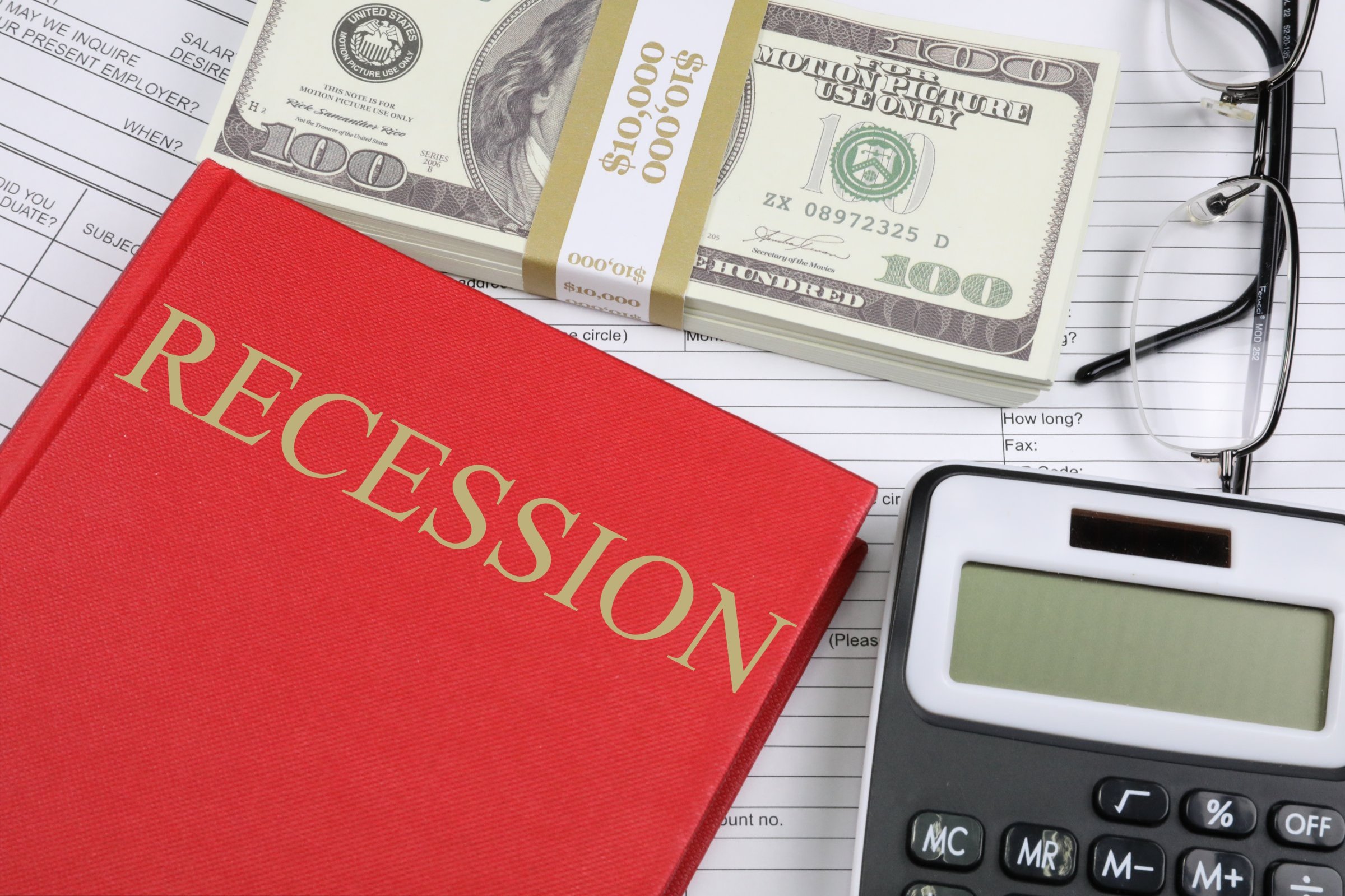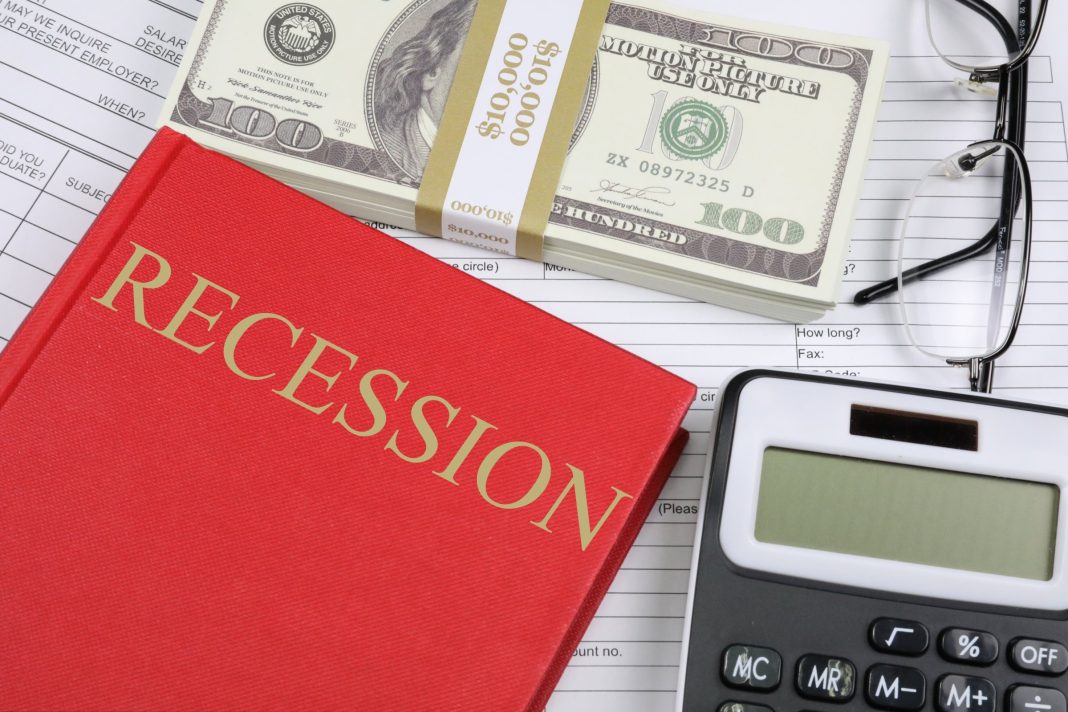 UK Economy Bounces Back with Fastest Growth in Two Years
UK Economy Bounces Back with Fastest Growth in Two Years
The UK economy has shown signs of recovery after experiencing a shallow recession in the first quarter. According to estimates by the Office for National Statistics (ONS), GDP increased by 0.6 percent between January and March, marking the fastest growth in around two years. This positive turn is seen as a pre-election boost for Prime Minister Rishi Sunak.
The growth comes after two consecutive quarters of decline, meeting the technical definition of a recession. Chancellor Jeremy Hunt declared that the economy is “returning to full health” following the COVID-19 pandemic and the energy shock. He also highlighted that the International Monetary Fund (IMF) predicts strong long-term prospects for the UK compared to other major European economies.
Although Mr. Hunt and Prime Minister Sunak view this growth as proof that their plan is working, Labour’s shadow chancellor Rachel Reeves disagrees. She argues that it is not the time for Conservative ministers to celebrate, pointing out that the economy is still £300 smaller per person than when Rishi Sunak took office.
The ONS data reveals that the services and production sectors were the main drivers of GDP growth in the first quarter, expanding by 0.7 percent and 0.8 percent respectively. March saw a monthly growth of 0.4 percent, with the service industry playing a significant role in boosting GDP. Notably, the human health and social services sector, administrative and support services, and wholesale and retail firms experienced notable growth.
However, construction output experienced a 0.4 percent decline in March, although this represented a significant reduction in decline compared to the 2 percent fall in February. Despite this positive growth, GDP per head rose for the first time in two years but remained 0.7 percent lower than the previous year, indicating ongoing pressure on living standards and the struggle to improve productivity in Britain.
In comparison to other countries, the UK’s first-quarter economic growth outpaced the euro zone’s 0.3 percent growth and the United States’ 0.4 percent quarterly growth. However, the UK has had one of the slowest recoveries among G7 countries. By the end of the first quarter of 2024, the UK’s economy was only 1.7 percent larger than its late 2019 level, with Germany being the worst-performing G7 country.
The Bank of England (BoE), which recently kept interest rates at a 16-year high, had forecasted a growth rate of 0.4 percent for the first quarter and a smaller 0.2 percent increase for the second quarter. For the entire year of 2024, the BoE predicted weak expansion of just 0.5 percent. However, with stronger-than-expected GDP growth, economists suggest that the central bank may delay its plans to cut rates and that inflation could rise as a result.
Following the release of the ONS figures, the pound strengthened against the U.S. dollar. This positive economic news provides hope for the recovery of the UK economy, but there are still challenges ahead in terms of addressing living standards and productivity levels.
Sources:
– Office for National Statistics (ONS)
– Reuters
– PA Media


